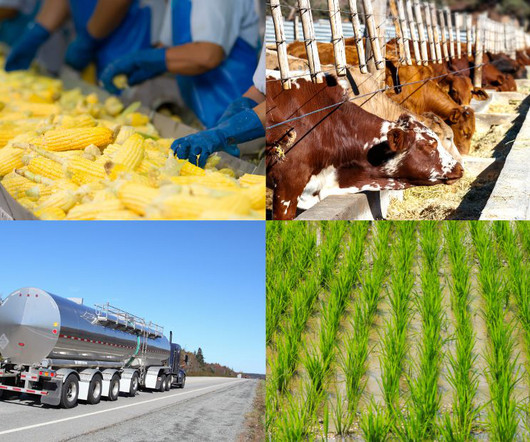Reducing Food System Emissions, One Bite At A Time
Energy Innovation
MARCH 8, 2023
Most of the low-emissions interventions analyzed (70 percent) utilize existing know-how and technologies: reducing deforestation, better managing manure, improving feed and breeding (which can reduce methane emissions from livestock), reducing nitrogen fertilizer overuse and runoff, and adopting renewable energy and energy efficiency.














Let's personalize your content